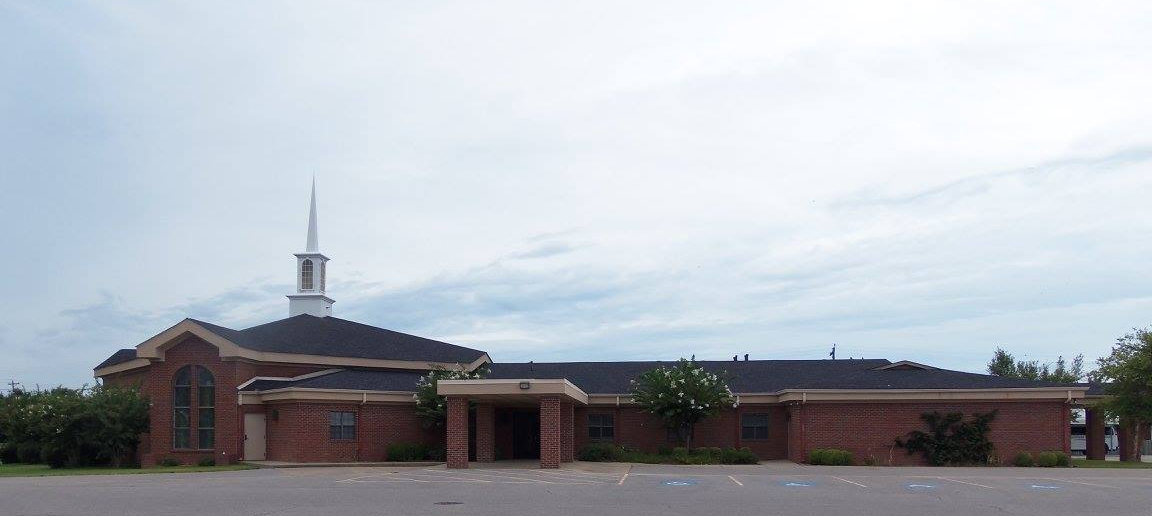The word “progressive” comes from the Latin word progredi (pro – forward + gradi – to step) meaning to go forward, proceed, or advance. The “Progressive Creationist” would contend that God did indeed create the universe, but that He did so by simply “progressing” or propelling the development of the universe along its already prescribed path.
Progressive Creationism is an attempt to “blend” together some of the beliefs of the adherents of the Gap Theory and the Day-Age Theory. In very basic and simplistic terms the Progressive Creationists contend that God used existing material and natural processes to come to the end result that we see today. They believe that creation is progressive – that is, that it proceeded forward in a step-like manner. They account for the billions of years in evolutionist doctrine by changing the meaning of the word “day” in the creation account from a single 24-hour rotation of the earth to a long, indefinite period of time. The theory is that while these long periods of time were passing God would occasionally “step in” and “progress” creation at various intervals. Thus, they speculate that creation could have occurred over six literal solar days or over billions of years. This lack of a definition of time allows the Progressive Creationist to embrace both the Biblical account and evolutionary evidence, which alleges that the earth is much older than 10,000 years.
For example, according to this theory God could have performed the initial creation and then just sat back and waited for several millennia before doing anything else. Then, at a time of His choosing He could have given the creation a “tweak” or “push forward” resulting in something closer to what we see today. After another interval of time He could have done the same thing again and again with the final result being our current level of development.
However, to deny the accuracy and completeness of the Biblical account is to deny the inspiration of the Bible. If Moses did not accurately record what happened during the first six days of the existence of the universe then how can we be sure he accurately recorded anything? Furthermore, Moses was not the only writer to maintain the Genesis account as an accurate reflection of actual events.
Joshua, in reference to the “long day” (Josh 10:12-14) stated that “there has been no day like that, before it or after it…” Jesus pointed out that humans have been present “from the beginning of creation” (Mat 19:4; Mk 10:6; et. al.). Paul declared, “For since the creation of the world His invisible attributes are clearly seen, being understood by the things that are made, even His eternal power and Godhead, so that they are without excuse” (Rom 1:20). Someone had to be there to “clearly see” and “understand.” Evolution teaches that humans are relative newcomers on the scene.
In the New Testament alone, there are at least 200 quotations from – or references to – Genesis. In fact, there are over 100 citations or direct references in the New Testament to the first 11 chapters of Genesis. And every one of those 11 chapters, (except chapter 8) is referred to somewhere in the New Testament.1
In short, if the rest of the Bible is true the creation account we read in the first few chapters of Genesis must be true. On the other hand, if the Biblical account of creation is false, the rest of the Bible must also be a myth, fairy tale, or just an interesting, made-up story. You decide.
1Harrub, Brad, Ph.D. Convicted: A Scientist Examines the Evidence for Christianity. Focus Press, Inc. Franklin, Tennessee, 2009, 5th printing, 2014, p. 145

Comments are closed, but trackbacks and pingbacks are open.